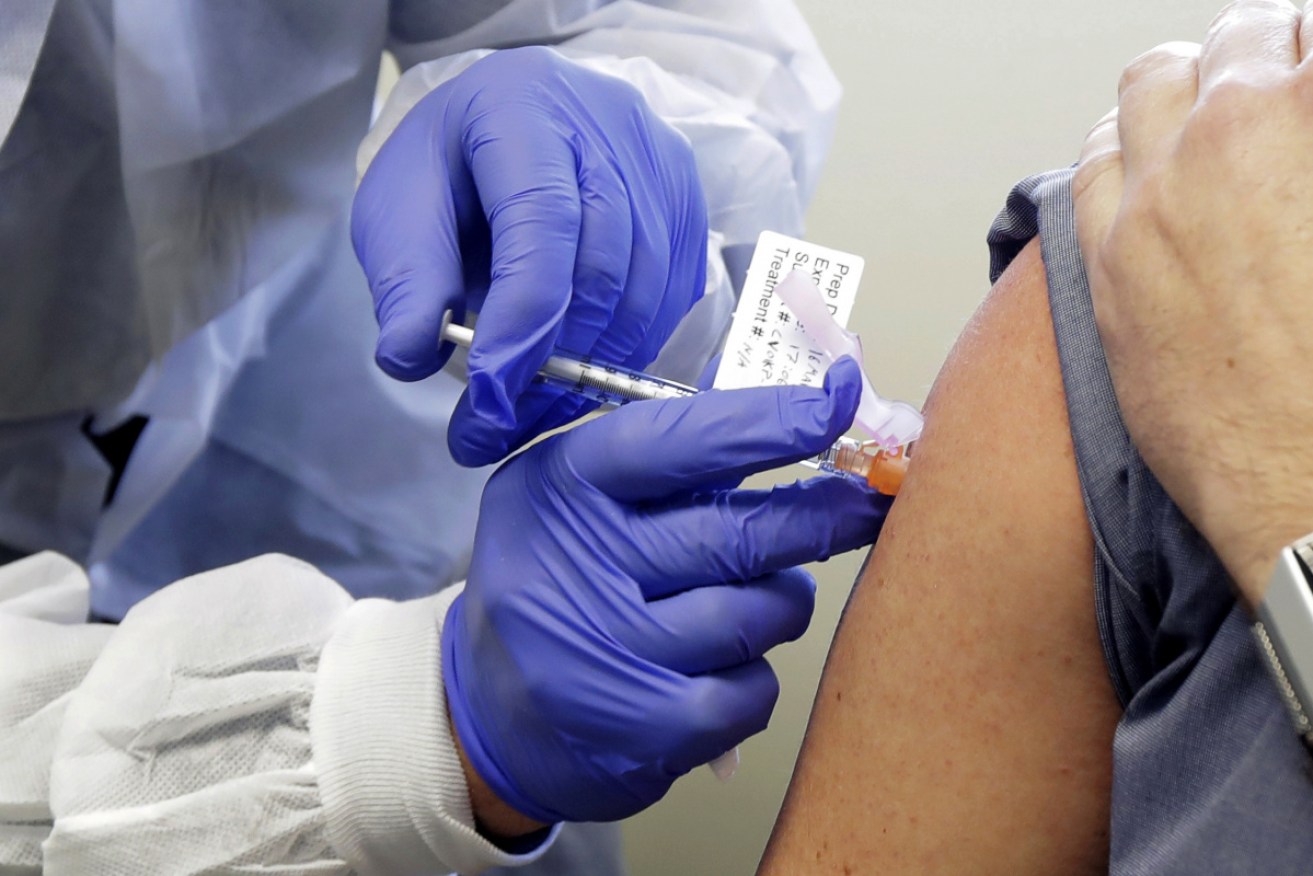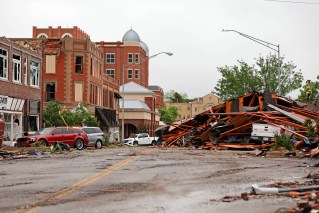Australian researchers develop breakthrough 20-minute COVID test


Australian researchers have found a way to identify COVID-19 in blood. Photo: AAP
Australian researchers have found a way to identify COVID-19 positive cases using blood samples in just 20 minutes.
Researchers at Monash University in Melbourne have developed a simple test based on commonly used blood-typing methods.
This test can rapidly pick up coronavirus, as positive cases cause red blood cells to cluster and this is easily identifiable to the naked eye.
Researchers were able to identify COVID-19 cases using just 25 microlitres of plasma from blood samples.
The 10 tests on clinical blood samples involved incubating a person’s plasma or serum with red blood cells previously coated with short peptides, representing pieces of coronavirus.
If the patient sample had antibodies against the virus, these will bind to the peptides and result in “aggregation of the red blood cells”.
Researchers then used gel cards to separate these blood cells from free cells to see a line of aggregated cells – indicating a positive response.

This test can rapidly pick up coronavirus. Photo: Getty
“This simple assay, based on commonly-used blood typing infrastructure and already manufactured at scale, can be rolled out rapidly across Australia and beyond,” study co-lead Simon Corrie said on Friday.
The blood typing cards could be sent overseas to help speed up contact tracing and help verify vaccine efficacy in clinical trials.
Unlike the current swab or PCR tests that identify people who are positive with COVID-19, this new test can also determine if someone was infected with the virus even after it has resolved.
Using a simple lab setup, medical practitioners could test up to 200 blood samples an hour.
For some hospitals with high-grade diagnostic machines, this could rise to more than 700 blood samples every hour, or about 16,800 daily.
A patent has been filed and researchers want commercial and government support with production.
“Funding is required in order to perform full clinical evaluation across many samples and sites,” Head of Chemical Engineering at Monash University Professor Banaszak Holl said.
“With commercial support, we can begin to manufacture and roll out this assay to the communities that need it.
“This can take as little as six months depending on the support we receive.”
The research team was led by BioPRIA and Monash University’s chemical engineering department.
Researchers worked with clinicians at Monash Health to collect blood samples from people infected with COVID-19, as well as samples from healthy individuals sourced before the pandemic.
The findings were published in the journal ACS Sensors on Friday.
-with AAP








